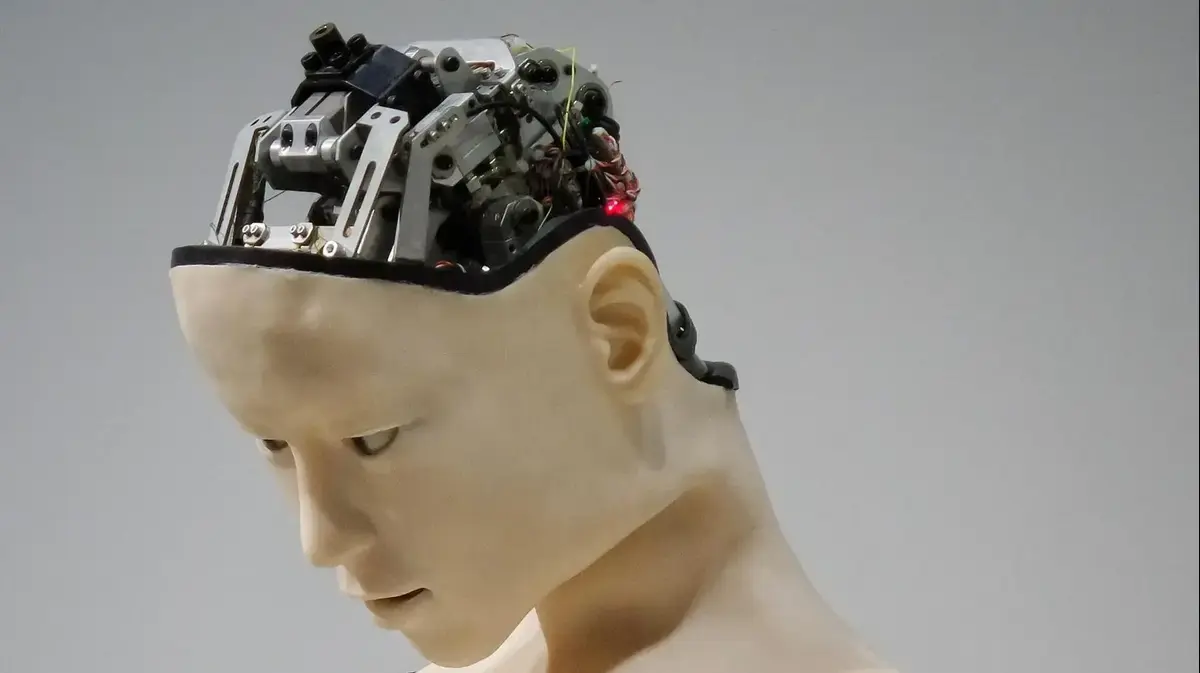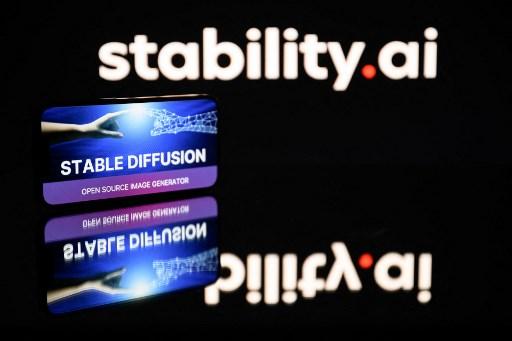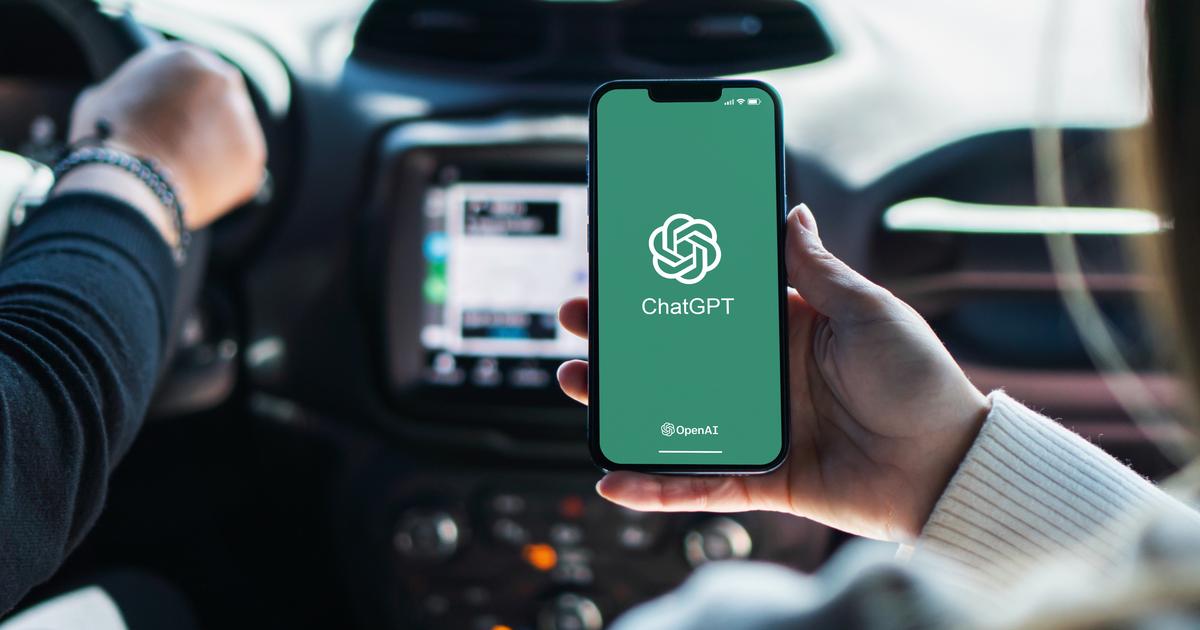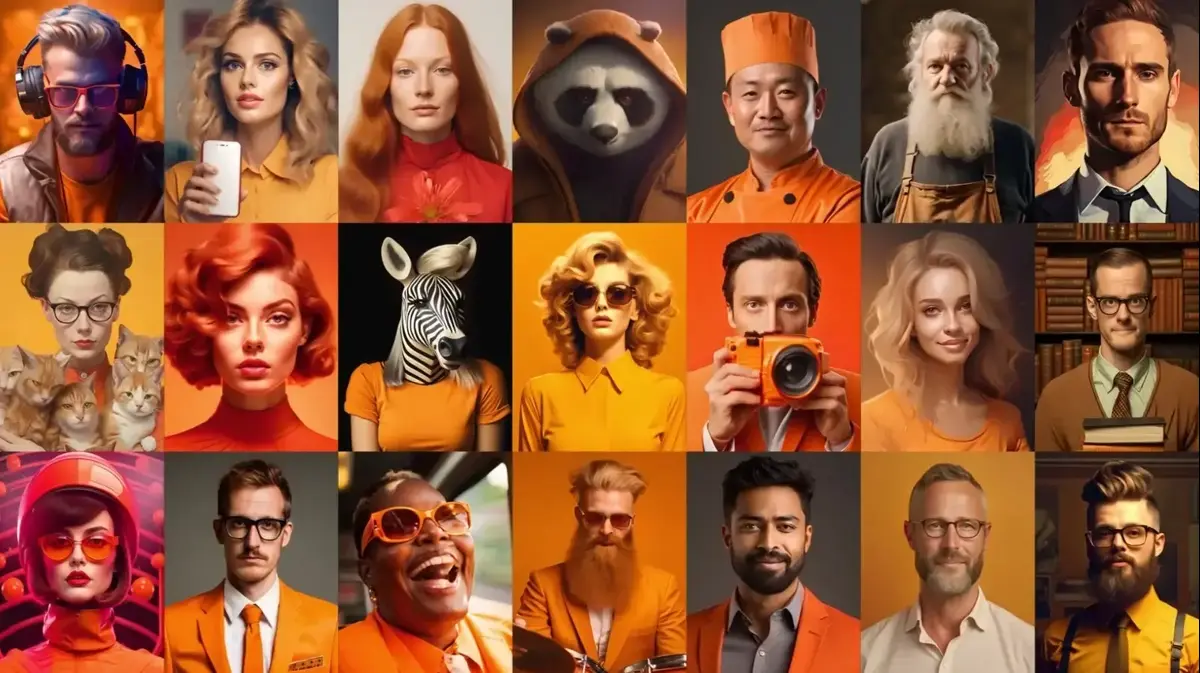Who is afraid of artificial intelligence? (Photo: Unsplash)
You sit in the back seat of your new autonomous vehicle and read emails on your way to work.
Suddenly a boy bursts into the road, chasing after a ball that fell from his hand.
There is no time to hesitate and an immediate decision is required.
An analysis of the artificial intelligence algorithm, which combines all vehicle and sensor data, concludes that the chances are that an emergency stop will not be sufficient in the given case.
Now it is necessary to make a decision in the second direction - do you brake and hit the child or veer to the right of the road and collide with the sidewalk where a mother is walking with a baby carriage, or perhaps to the left where there is a tree with a wide trunk.
What to do?
A child, a mother and her baby or the driver himself?
The artificial intelligence revolution, which is only gaining momentum, is expected to change our lives in various areas and brings with it quite a few moral and ethical questions like the one above, but not only.
Many other fields will incorporate artificial intelligence sooner or later and all will be affected in one way or another.
Drones, medical devices and even softer areas such as hiring, character analysis, social networks and education will be at the center of the revolution.
Our ability as humans to develop, and the human mind in particular, is built on the experience and learning we experience over the years.
Impressions, opinions, reading and conversations with others allow us to gain experiences, store data, analyze it, form an opinion and derive insights.
Artificial intelligence is built on a similar principle, based on the technology of training and learning data and examples from the past.
A significant part of the products of artificial intelligence is based on information produced by humans, which includes personal insights and conclusions and not necessarily proven facts.
That is, the algorithmic model of intelligence contains human biases and opinions at its core.
Imagine, for example, a police tool for identifying suspects - a tool that can certainly streamline the work of the police.
If the system is fed based on the data of previous arrests, it must be assumed that a bias based on the past, a "stigma", will be created against specific people, who are not necessarily the immediate suspects.
What is even more surprising is that facts can also produce a type of bias in models or fake news because they learn an existing situation and thus perpetuate and preserve it.
For example, the wonderful tool ChatGPT (which we will return to later) was built on information that is valid until 2021, so if you ask him who the current president of the United States is, he will not be able to answer you. For him, the president of the United States is still Trump.
Discrimination on an artificial basis
A famous example of the bias of artificial intelligence is a model developed by Amazon, one of the largest technology companies in the world with more than 1.6 million employees and with a growth rate of tens of percent per year.
In 2018, the company received a huge amount of resumes, which required a lot of effort and resources for the screening and recruitment process.
Amazon has decided to base itself on the artificial intelligence capabilities it has developed and the data that exists in the organization, and to perform an initial filtering based on machine learning.
Surprisingly (or not), AI research scientists at Amazon have uncovered biases against women in the hiring process.
As in the other leading technology companies in the US, which have not yet narrowed the gender gap in hiring (especially in the technical teams), the majority of employees at Amazon are men.
The developed algorithm, which was based on facts and real data, continued the trend and maintained the existing attitude in society, which did not really allow women and men the same opportunity.
Moreover, the number of women at the tech giant is so small compared to men that even if the model had statistically eliminated all female candidates, it would still have very high success rates.
It took the company a while to figure out the problem, and when it recognized it, it immediately stopped using the recruitment system.
Not at our school?
Earlier this month, it was reported that New York City public schools will ban students and teachers from using ChatGPT, the powerful chatbot tool recently launched by research firm OpenAI, on their computers.
The fear is that the platform, which can create connections according to the users' instructions, will help the students in their tasks and may spread wrong information and give it a kind of kosher.
"Although the tool can provide quick and easy answers to questions, it does not build critical thinking and problem-solving skills, which are essential for academic success and life in general," said Jenna Lyle, spokeswoman for the New York Department of Education.
In my humble opinion, it is important that school students become familiar with ChatGPT, learn the limitations of the technology, develop critical thinking towards the products, know how to ask the right questions and cross-check information from other sources.
In recent years we have witnessed a phenomenon where people do not check the reliability of the information and tend to take it for granted.
Needless to say, even if the schools limit access to the platform, students will find their way to it.
Instead of trying to limit it, students can be asked to add a full disclosure that this essay or this paragraph was written with the help of artificial intelligence.
The fear of new technologies, which are initially perceived as threatening, is nothing new and is perfectly understandable.
At the same time, instead of completely eliminating the use of those technologies, one must find ways to develop them correctly, as well as be aware of their biases and limitations.
History has proven that progress cannot be stopped and the right way is to know how to live with it alongside the advantages and disadvantages.
Looking ahead another decade, we can say that artificial intelligence will not replace the people, the people who use artificial intelligence will replace those who don't.
Yodi Bar On is the CEO and founder of Kaleidoo, a subsidiary of Binat Communications Computers
Marketing and digital
MarTech
Tags
artificial intelligence
Education







/cloudfront-eu-central-1.images.arcpublishing.com/prisa/CY2KB3TF3FGHVCUFL5I5IE3W3I.jpg)







